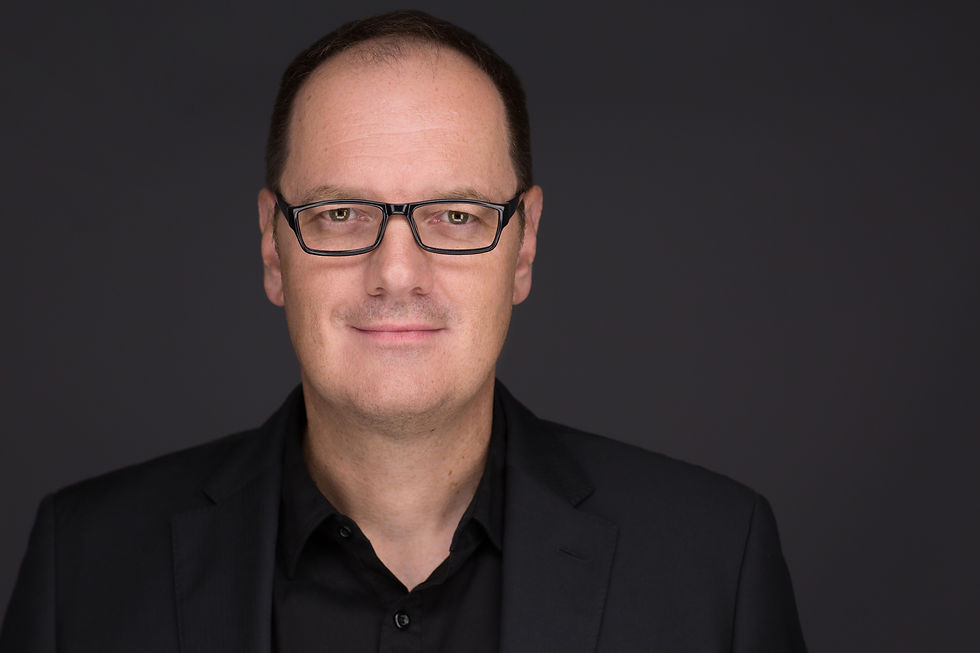Kansas City’s $6.5B Fintech Bet: Fiserv Moves In, Skeptics Watch Closely
- Hannah Kohr

- Apr 25, 2025
- 3 min read
On the surface, it looks like a regional coup. Fiserv, the Fortune 500 fintech and payments giant, has announced plans to open a sprawling 427,000-square-foot regional headquarters in Overland Park, Kansas. The company claims it will bring 2,000 high-paying jobs, inject $6.5 billion into the local economy over the next decade, and solidify Kansas City’s standing as an emerging hub for financial technology.
But behind the celebratory press releases and ribbon-cutting rhetoric, some questions remain: is this move a bold commitment to innovation and community development—or a textbook example of economic development theater?
The headlines are certainly impressive. Fiserv plans to invest $175 million to retrofit two buildings at the Aspiria Campus on Sprint Parkway. The company has cited the region’s central location, access to tech talent, affordability, and alignment with its national hub strategy as key drivers in the decision.
“Fiserv’s significant investment and job creation reflect the strength of our community, the vibrancy of our local economy and confidence in our community’s future,” said Tracey Osborne Oltjen, president & CEO of the Overland Park Chamber of Commerce.
Tim Cowden, president and CEO of the Kansas City Area Development Council, positioned the move as proof of regional momentum: “Kansas City has the capacity and competitiveness to meet this moment. There’s no better proof that Kansas City is winning than a global fintech leader choosing KC over markets like Nashville, Dallas and Atlanta.”
Local and state officials are calling it a landmark win. But critics of large-scale corporate attraction strategies will note this looks familiar: a massive firm secures generous incentives to move operations into a lower-cost market while local leaders hail it as visionary transformation. Whether the jobs materialize at the promised pace—or at all—is an open question.
There’s also the issue of who benefits. With Fiserv planning to offer an average salary of $102,000, the move is aimed squarely at white-collar tech professionals. This could benefit local graduates and relocating talent—but what about those without access to high-skill education? Are public resources being used to subsidize jobs for outsiders?
And then there’s the strategic calculus on Fiserv’s end. In recent years, the company has leaned heavily into a “hub” model, establishing innovation centers in places like Alpharetta, Milwaukee, and Berkeley Heights. The Overland Park campus will become one of the company’s largest. But critics argue the trend is less about community investment and more about cost savings and consolidation. With remote and hybrid work still the norm, it remains unclear how much of this “hub” will translate to actual local presence.
Environmental promises are also on the table. Fiserv says it will pursue LEED certification and touts employee-focused amenities like fitness centers and collaborative spaces. Yet no firm timelines or sustainability metrics have been shared. Still, for Kansas officials, the headlines may be enough. In an era where states compete aggressively for corporate attention, landing a name like Fiserv is seen as a branding win. It puts Kansas City on the fintech map—at least for now.

“Overland Park is already a strong hub for business and technology leadership, and Fiserv is a natural fit in our community,” said Mayor Curt Skoog. “The thousands of jobs Fiserv brings, along with the potential to serve neighboring businesses within our thriving community, is a significant win.” Only time—and job creation reports—will tell if the return lives up to the investment. The Supply Chainer will be tracking what happens after the headlines fade.





Comments